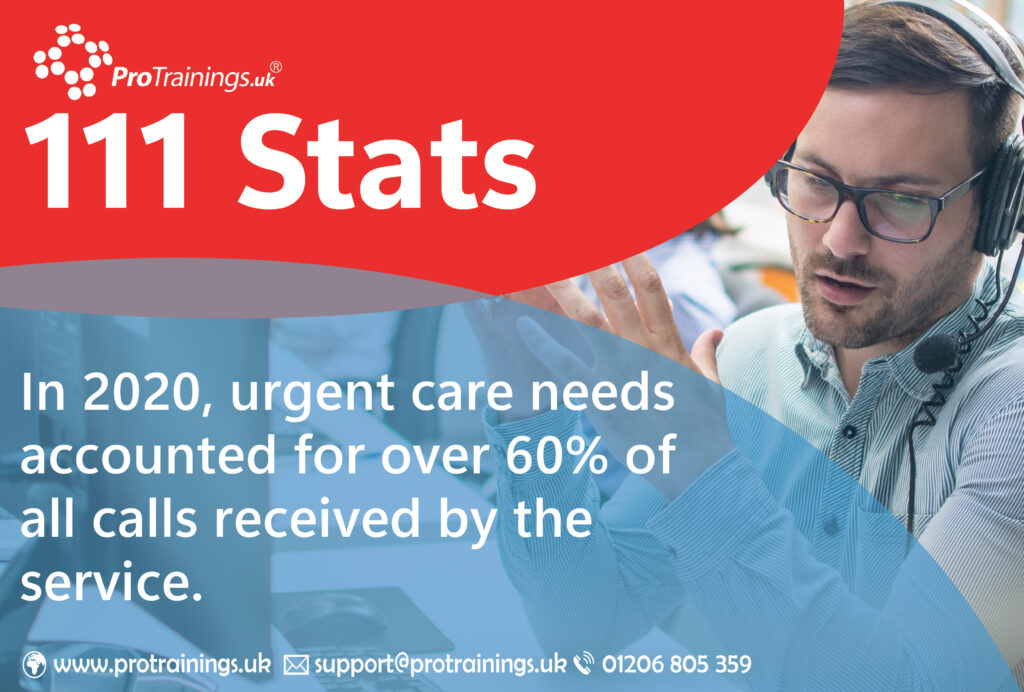
According to the latest data from NHS England, the most common types of calls received by the NHS 111 service are related to urgent care needs. In 2020, urgent care needs accounted for over 60% of all calls received by the service. These types of calls included chest pains, breathing difficulties, and severe abdominal pain. Other common reasons for calls to the NHS 111 service included mental health concerns, such as anxiety and depression, and skin complaints, such as rashes and allergic reactions. Mental health concerns accounted for around 6% of all calls, while skin complaints accounted for around 5%.
The COVID-19 pandemic has also had an impact on the types of calls received by the NHS 111 service. In 2020, there was a significant increase in the number of calls related to COVID-19, including suspected cases and concerns about exposure to the virus. These types of calls accounted for around 12% of all calls to the service in 2020. The high number of calls received by the NHS 111 service can place significant pressure on resources and staff. NHS 111 services must ensure that they have adequate resources, including staff and technology, to respond to calls effectively.
The service can also arrange for home visits from GPs or other healthcare professionals when appropriate.
In conclusion, the UK statistics on the types of calls received by the NHS 111 service highlight the importance of providing access to medical advice and assistance for those who require it. The high number of calls received places significant pressure on NHS 111 services, and it is essential for them to have adequate resources and staff to respond effectively. By understanding the types of medical concerns that require advice and assistance and working to manage demand effectively, NHS 111 services can continue to provide effective and efficient medical support to those in need.
